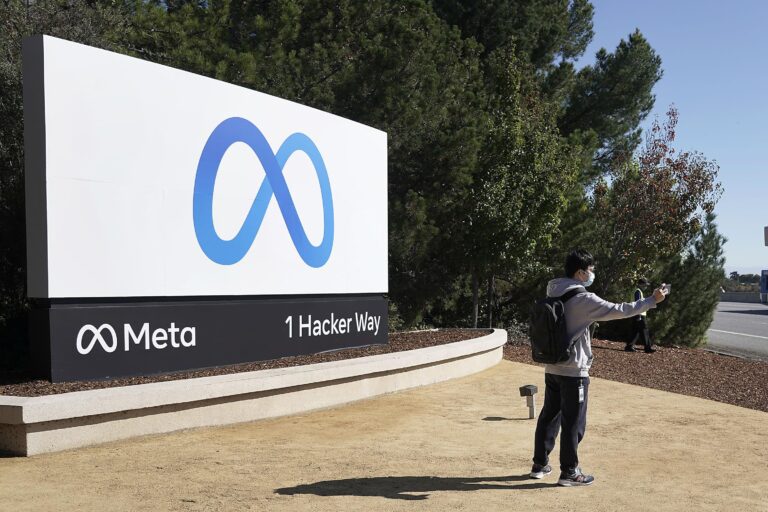Fight over wearables looks like a storm in a teacup.
- Samsung and Google are at it again but this time the fight is over what software Samsung should use on its wearable devices.
- At a recent industry event in Sun Valley, Idaho it was clear that tensions between Samsung and Google are still running high.
- This is despite a crushing victory on the part of Google when it convinced Samsung to back off from its own ecosystem in mobile phones and tablets. (see here)
- In wearables, Samsung is not using any of Google’s software but has decided to use Tizen (Gear 2) and a proprietary RTOS (Gear Fit).
- In Google’s mind this is bad news because it means that its services will not be running on these devices meaning that any traffic generated will not be flowing through its servers.
- If true, it would mean that Google would understand less about what Samsung users are doing and hence not be able to target them as effectively when it comes to selling marketing to advertisers.
- This is where all of Google’s sensitivities are to be found. If it won’t run Google apps in a way that Google likes then Google is unhappy.
- Google’s position is that Android and its variant Android Wear should go everywhere but I think that this unlikely to be the case.
- The biggest problems with wearables today are:
- They are a solution looking for a problem. They don’t make the user’s life any better and consequently I can’t see users buying these devices.
- Wearable devices today are large, mostly ugly with horrible battery life.
- Wearable sensors to monitor things like heart rate, blood sugar and so on are large and unreliable.
- These short comings are likely to mean that the first generation wearable devices that users are going to accept are likely to be sensors with no screens, BLE, proprietary RTOS software and very long battery lives.
- They won’t run third party apps and will be highly specialised for the function for which they have been designed.
- It will be the mobile device or tablet that ends up as the collection and control point for all of this data meaning that fighting over the wearable software is pointless.
- Google now controls the software on the vast majority of Android devices that ship outside of China.
- This means that the data from these wearable devices can be collated and used by Google regardless of what software is running the wearable or sensor.
- Consequently, what Google should be doing is encouraging the development of wearable devices and making it very easy to collate and analyse the data on a Google Android device.
- That way, Google will be the glue for many types of devices all optimised for different functions.
- They won’t be using Google software but Google will still be collecting the data and reaping all the benefits.
- This opportunity remains Google’s to lose and reminding everyone of how much power it has is unlikely to win it many friends.
- Google remains one of my top picks (alongside Microsoft and Yahoo!) in the global digital ecosystem.









Blog Comments
tatilsever
July 22, 2014 at 11:27 am
It is a bit presumptuous to assume Google can intercept the data links between a wearable running a non-Google OS and apps using proprietary APIs, regardless of the intent of users, manufacturers and developers.
windsorr
July 22, 2014 at 11:01 pm
You misunderstand…
No interception required. It will be the handset that collated the data from the different devices. Google control the Android software and therefore will have access to all the data from the phone.